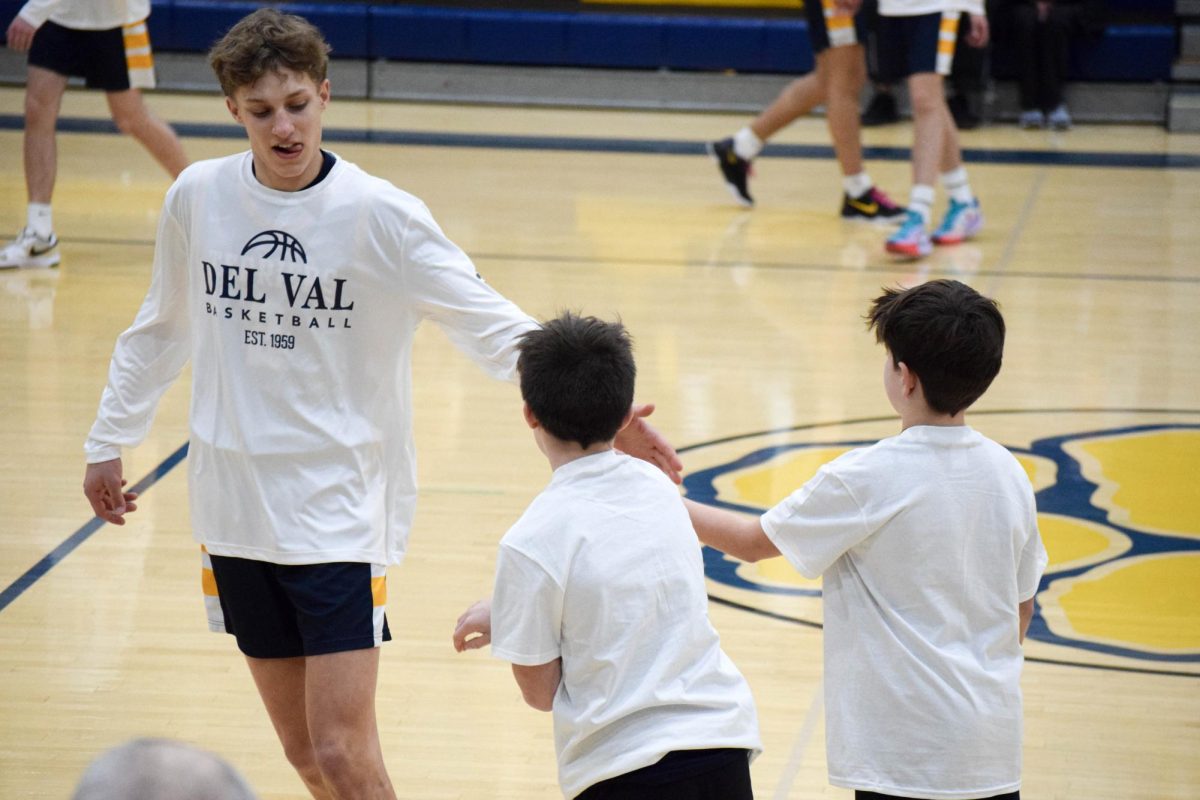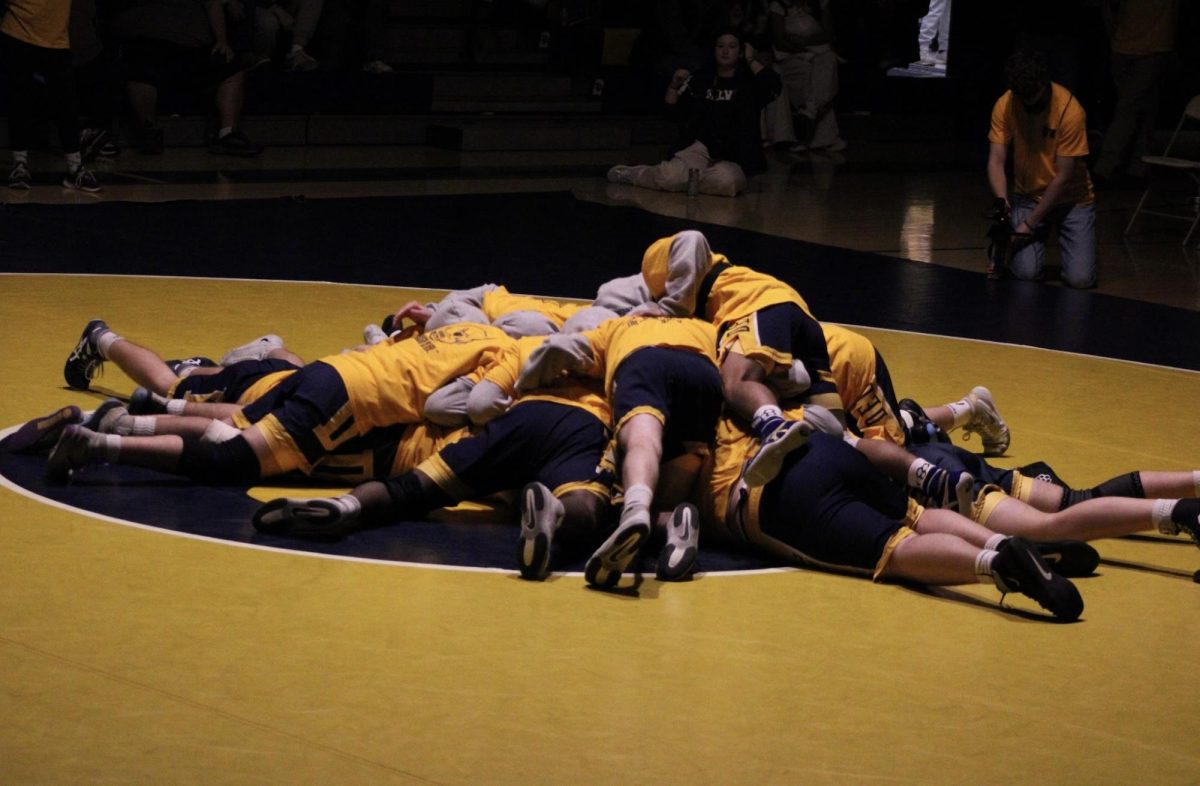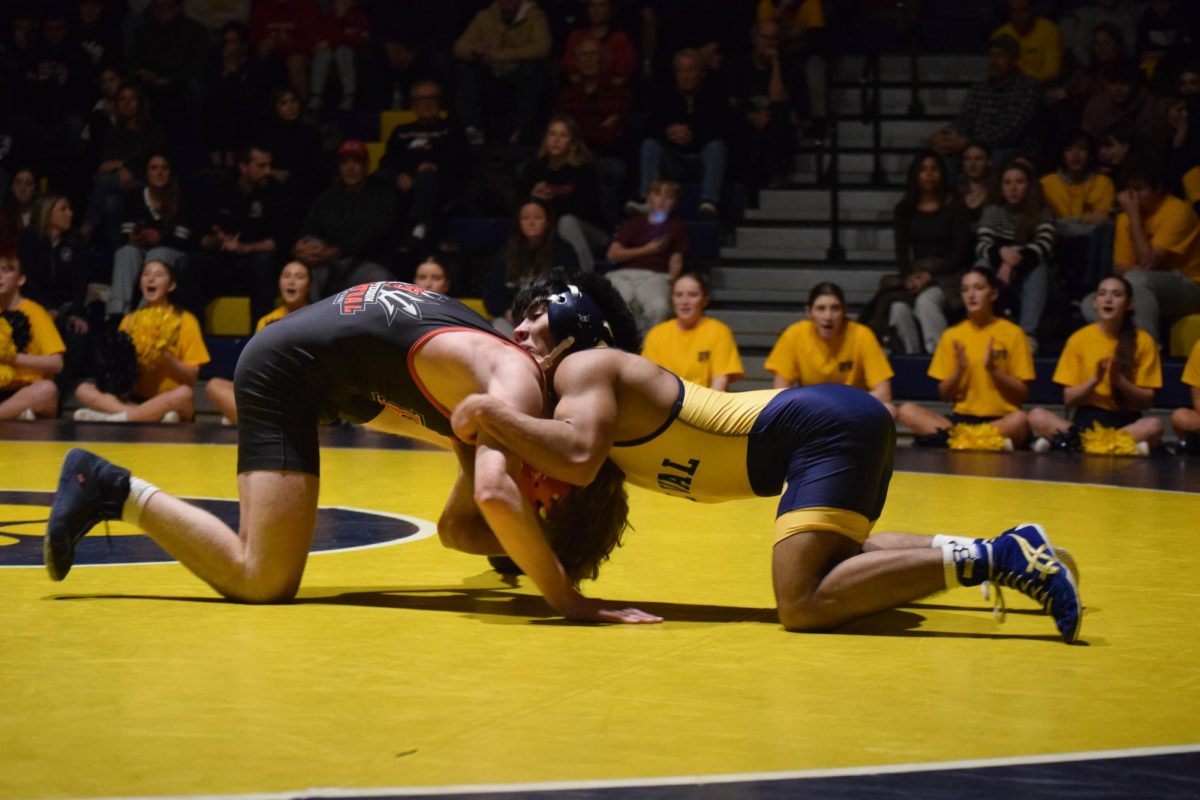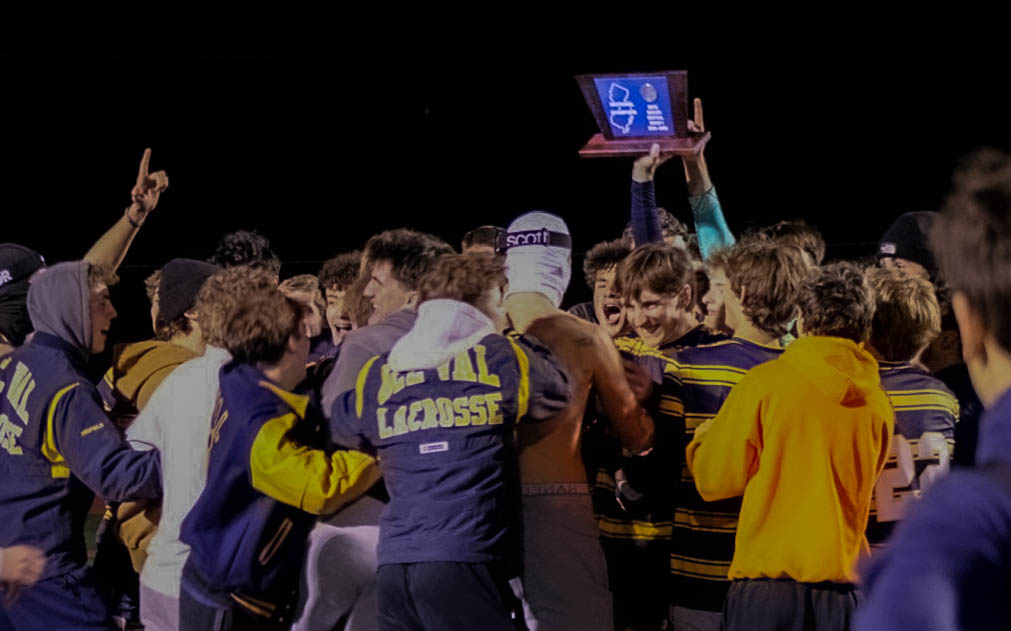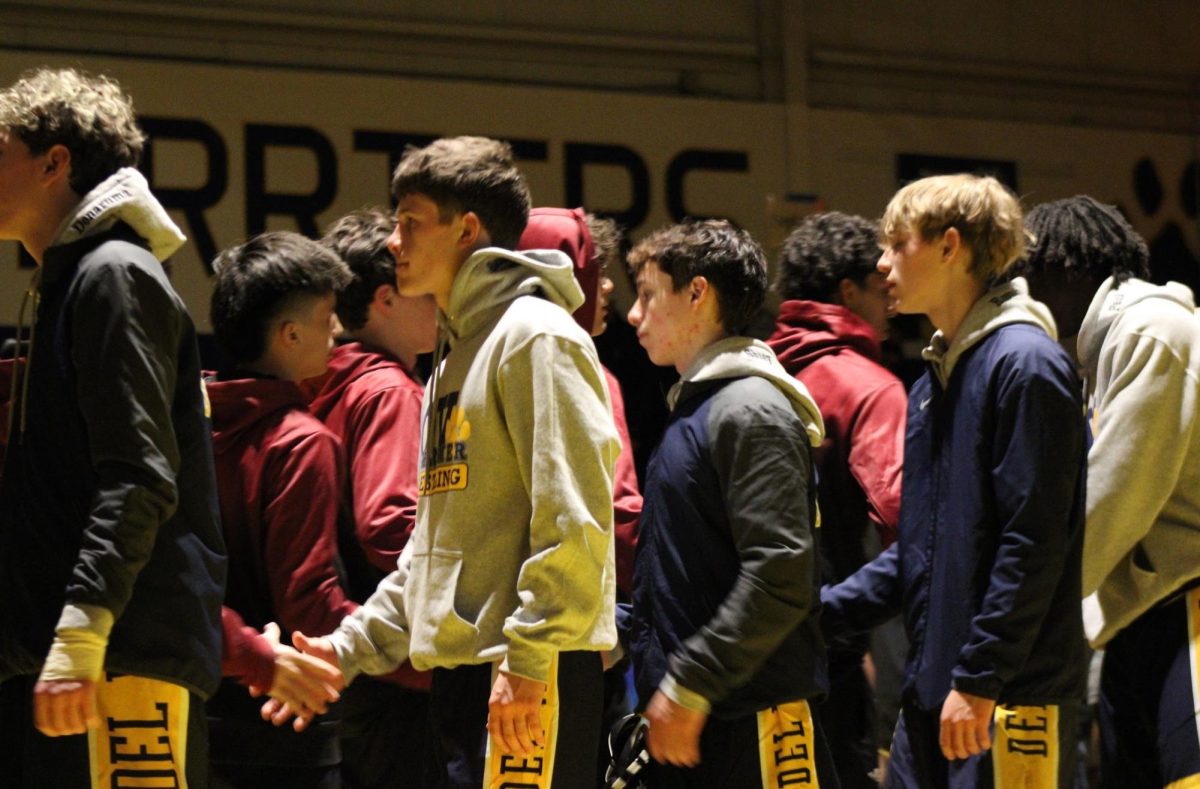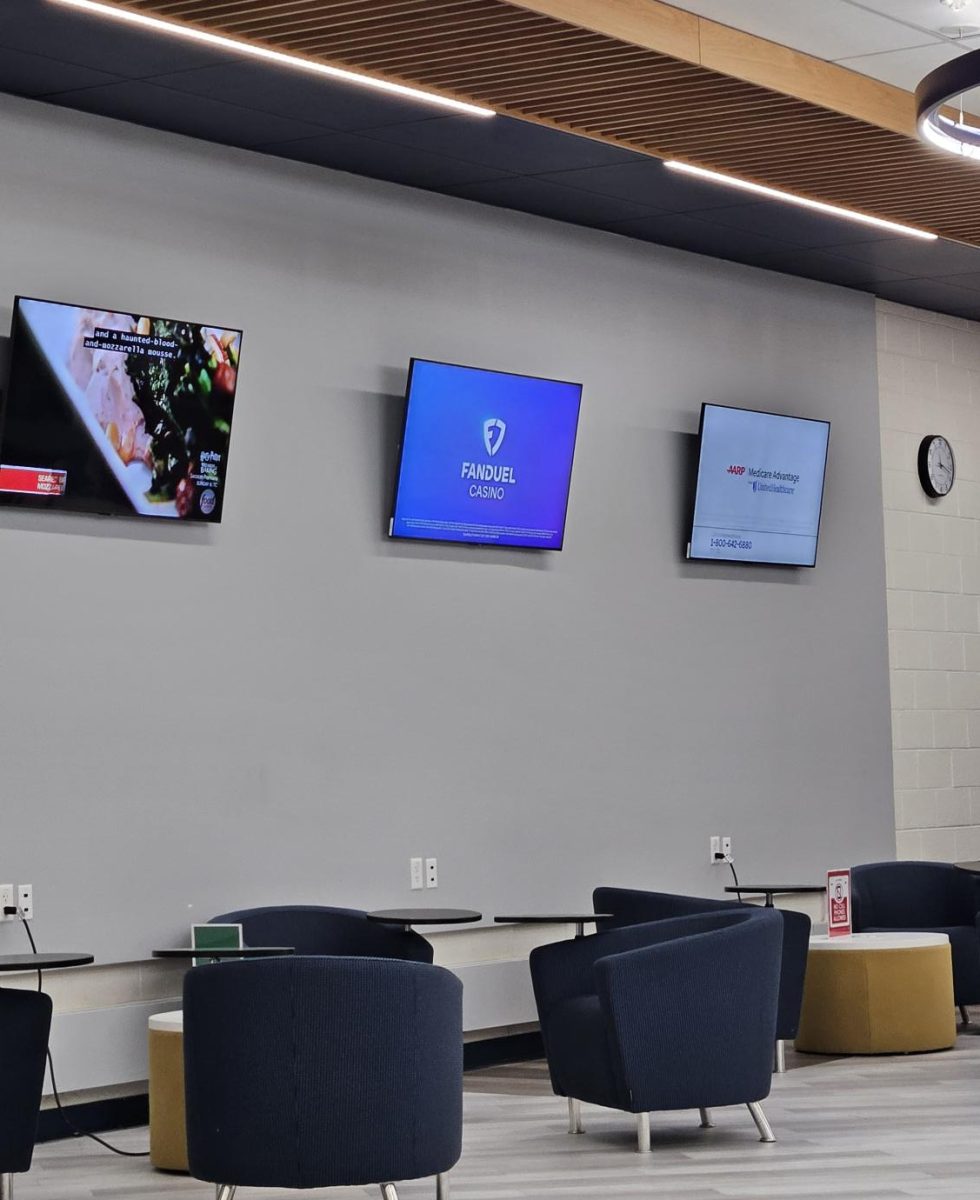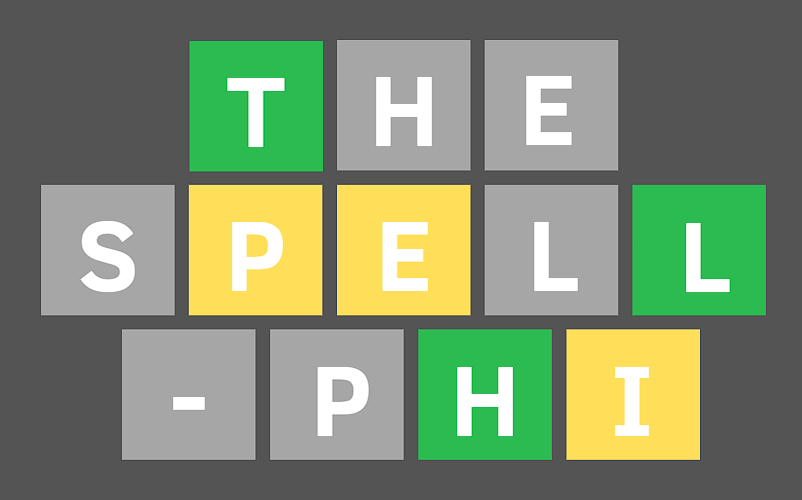The 2028 Olympic Games, which will take place in Los Angeles, California, is set to include Flag Football as one of the new events.
Flag Football is known as one of the most inclusive sports. Instead of tackling players to the ground, the defense grabs flags that are attached at the waist. Starting around the 1940s, flag football immediately became one of the world’s fastest growing sports. Over 100 countries have leagues that range from youth teams to adult teams.
“When Flag Football was introduced to me during gym class, I really enjoyed it,” said sophomore Melanie Tramo. “I could play football without getting tackled and injured, and all the girls could play with the boys. There were little to no gender barriers.”
There is, in fact, little to no gender differences when playing flag football. Since there is absolutely no tackling or contact, it’s not so much about strength and muscles, but more about strategy and thinking.
“I think size and strength will be less of a factor and athletic ability and skill will be a bigger factor,” said gym teacher Marty White.
Not only does flag football create a gender neutral game, but it also eliminates the risk of injuries that happen in tackle football.
According to the National Library of Medicine, around 1.2 million injuries from tackle football happen annually. When practicing at full contact, injuries are 5 times more likely to happen than when practices are controlled with no-contact.
“Football is very popular in the U.S., and the flag takes away the physicality and injury associated with Tackle Football,” said White.
While flag football is well-known, it will take time to get adjusted to it becoming an Olympic sport.
“It will probably take a few Olympics to get it going and for every country to have a team,” said White.
Just like most sports, it has to start somewhere. For example, it took 32 years after gymnastics was introduced to the Olympics for women to be able to compete. Now, women’s gymnastics is one of the most watched events.
With flag football being added, it creates more opportunities for athletes to compete.
“Flag football is really fun, and maybe one day I could even train go to the Olympics for it,” said sophomore David Reynolds. “It’s inspiring and opens up a lot of hope.”







